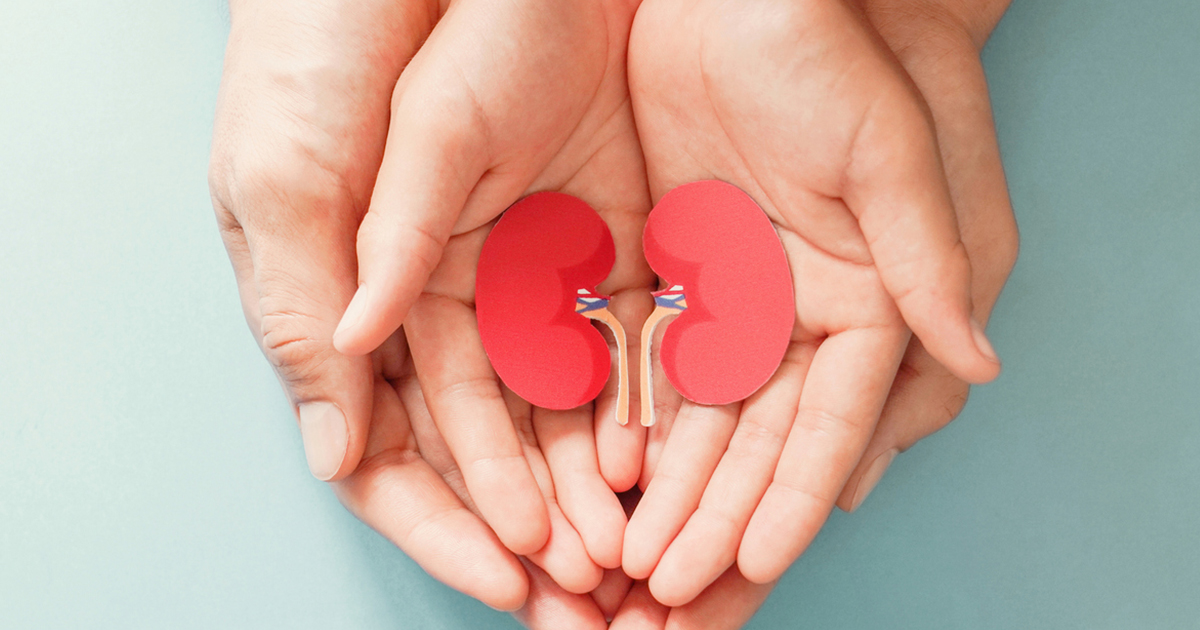Protect The Kidneys No Better Time Than Now

Healthy kidneys do not only eliminate waste from the body. They are also responsible for releasing hormones for other body functions. If the kidneys are damaged, it affects those functions too. Without treatment, the kidney function would likely to continue to reduce, leading to serious complications.
What are the kidney functions?
1. Regulate the balance of water and minerals in the blood.
2. Clear wastes from the blood, including wastes generated from digestion, muscle activity, or exposure to chemicals and medicine.
3. Make renin to help regulate blood pressure.
4. Make erythropoietin to stimulate red blood cell formation.
5. Make the active form of vitamin D for bone health.
Kidney damage can cause the accumulation of excess wastes and fluids; it can also contribute to different health issues due to impairment of body functions. When the kidneys fail to remove waste, dialysis or transplant might be needed.
To avoid kidney damage, protection and daily maintenance are the basis of kidney health—8 DTS tablets per day to build up kidney health and prevent kidney problems. Long-term usage brings a more consistent protective effect.
*DTS is a health supplement and not a medication or drug.
- * All research and clinical data should be used as reference purposes only, results may vary.




